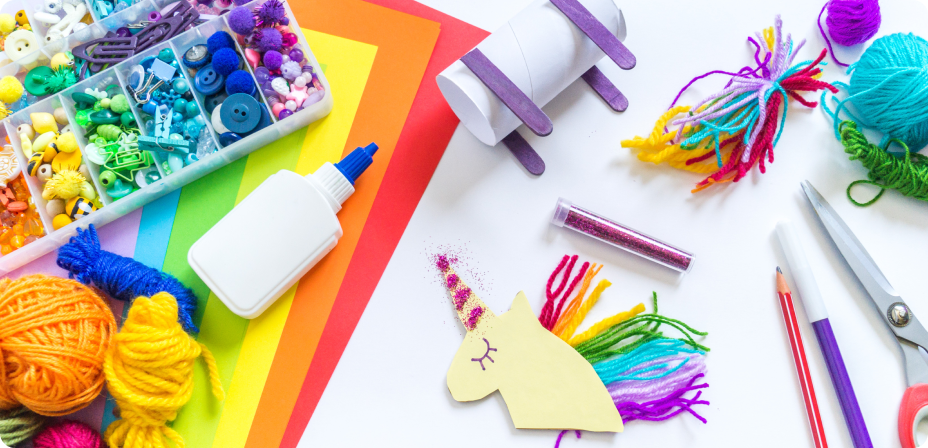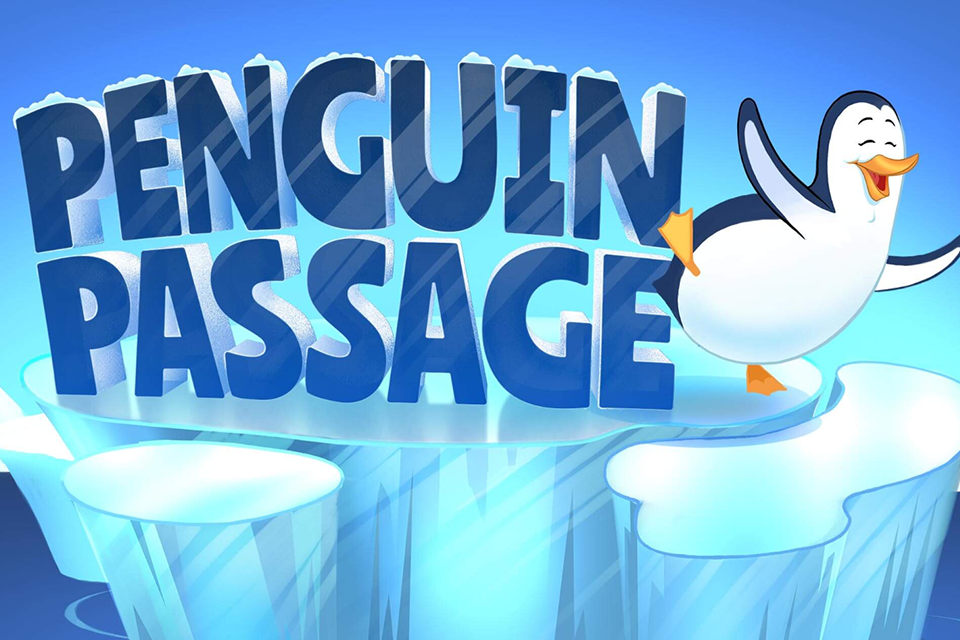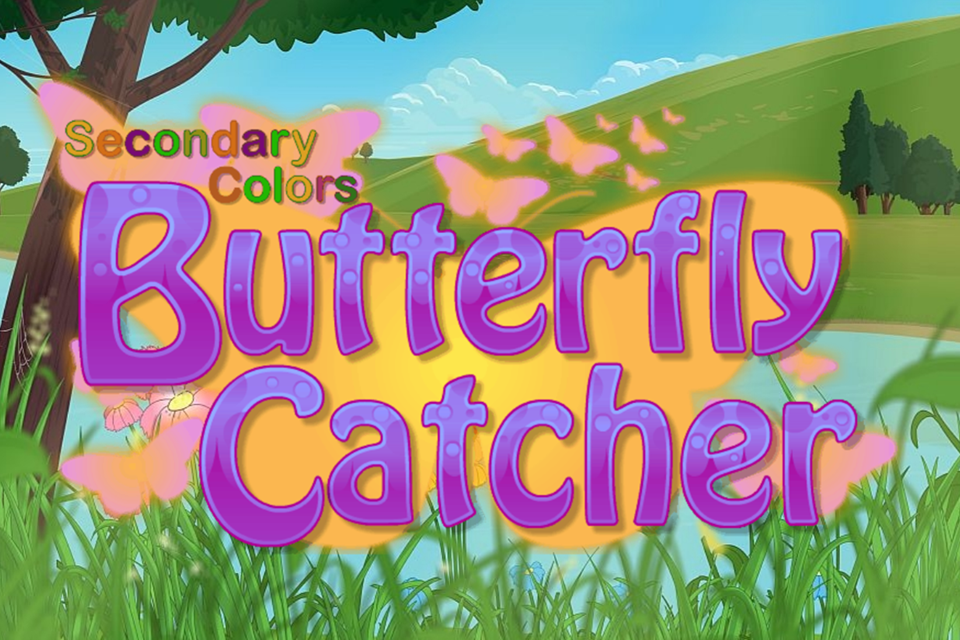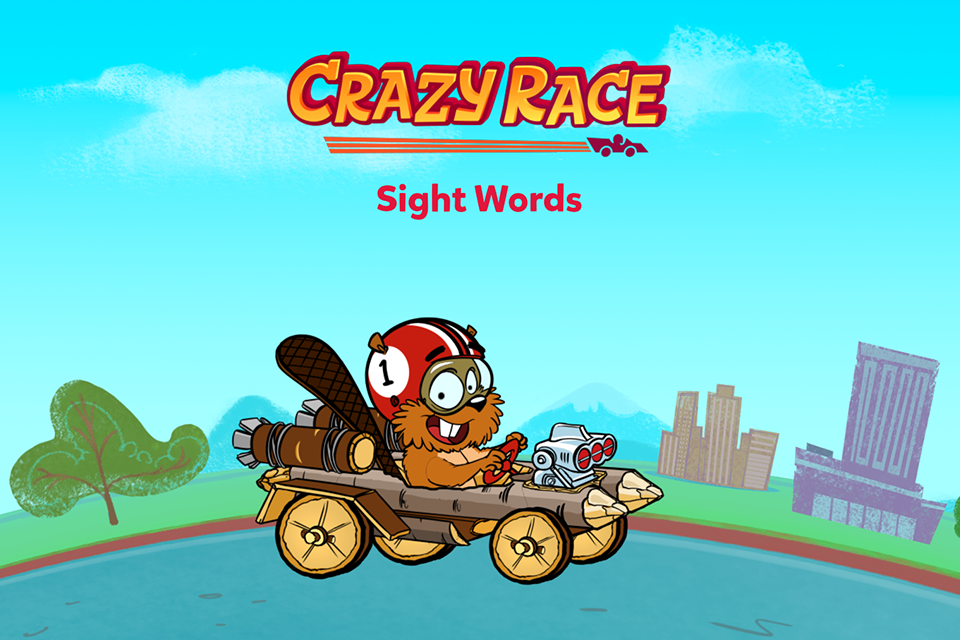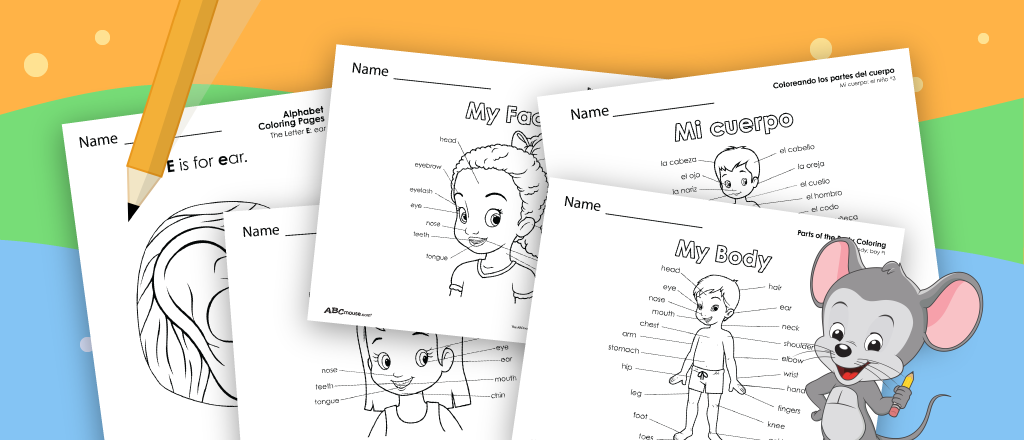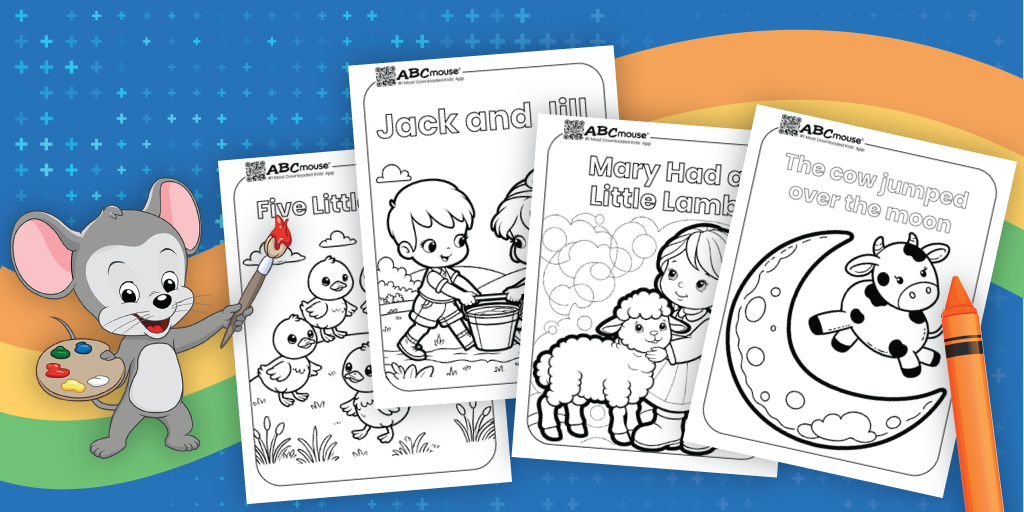Blend Educational Games into Your Kindergartener’s At-Home Learning

Adding online educational games with traditional learning activities can create a well-rounded educational experience for young children, as it brings variety to their learning. When new material is presented to children in different ways, they have multiple chances to connect with it, increasing the opportunities for them to understand and remember what they’re learning.
Research has demonstrated the benefits of integrating online educational games into learning for children. For example, in this study from ABCmouse, kindergarteners using an online learning platform featuring educational games experienced a 33% improvement in literacy skills and a 48% increase in math skills.
These results are compelling, and parents looking for ways to boost their own kindergartener’s learning may want to consider adding digital learning games to their child’s educational resources.

Tips for Weaving Digital Games into Your Child’s Learning
Here are a few practical tips for parents looking to incorporate online games into their child’s learning routine, which can enhance both school-based and at-home education.
- Align Games with Educational Goals
Choose games that align with the educational goals you or your child’s school have set. For instance, if your child is working on their counting or cardinality skills at school, select games that emphasize these same skills. This reinforces what they learn in class and provides them with another platform to practice new skills.
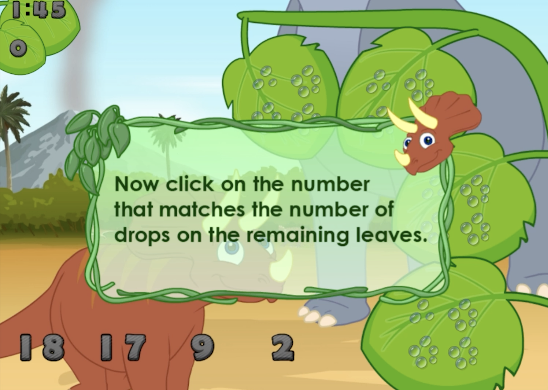
For example, in the online learning game Dinosaur Chomp, children need to pick out the leaf that has a different number of water droplets on it than the others and feed it to a baby dinosaur. This is a great game for practicing counting skills as children must count the water droplets on every leaf.
- Set a Balanced Schedule
Although your kindergartener will be working with educational games online, it’s still important to balance time with various learning resources. Integrate these games into a daily routine that includes varied educational activities.
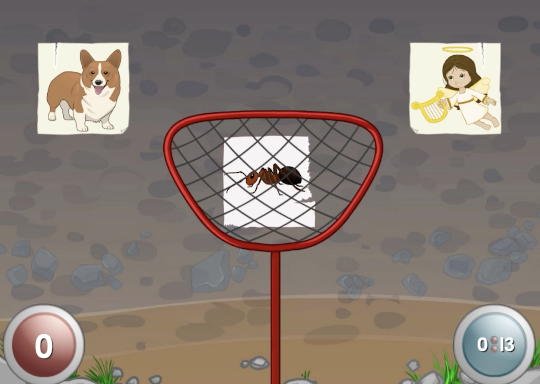
Consider including some digital game time as a fun way to unwind after school or as a reward for completing homework. Keep in mind that many educational games designed for kindergartens are short, and quick, such as Lake Cleanup, where children can practice learning ending sounds in just minutes while virtually scooping requested items out of a lake based on their ending sound.
#1 Downloaded Kids’ Education App in the U.S.
The ABCmouse app has so much to offer! You and your child will find 10,000+ games and activities designed by curriculum experts to nurture math and reading skills, along with an extensive digital library and so much more. Our research-back curriculum focuses on preschoolers through second graders.
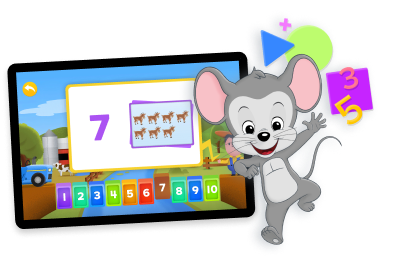
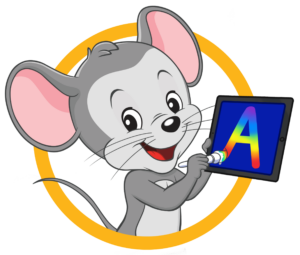
Then just $14.99 a month until canceled
- Use Games as Supplementary Tools
Use educational games as a supplement to traditional learning materials like the books and worksheets your child may be using at school or at home.
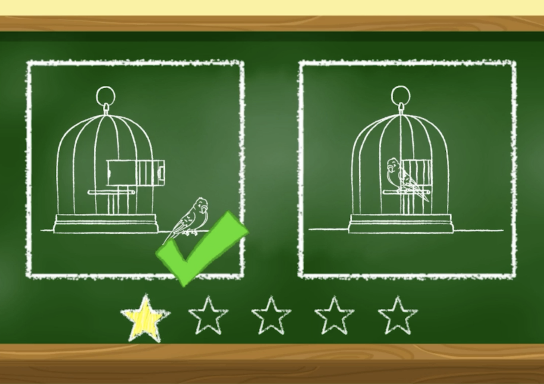
For instance, if your child is learning the concept of opposites, find games that can help grow this understanding, such as Chalkboard Word Pairs: In and Out, which lets children practice their critical thinking skills as they reason out which image represents objects that are “in” or “out.”
- Look for Games that Use Critical Thinking
Games that require children to think critically can help bolster their problem-solving abilities as they practice essential skills, such as improving reading comprehension. Critical thinking games may require children to solve puzzles or pick an answer from multiple scenarios or options.
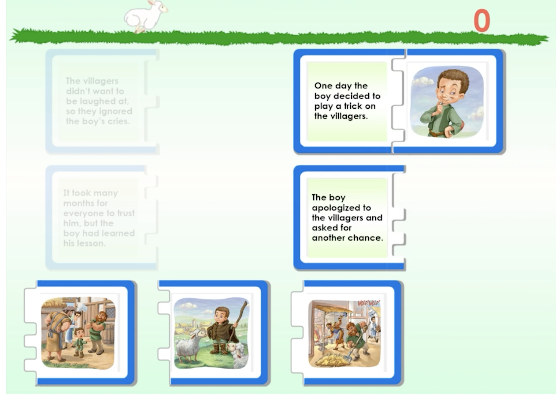
An example of a critical thinking game is The Boy Who Cried Wolf, in which children will see and hear sentences read from this classic tale. They’ll then use their critical thinking and reading comprehension skills to match the sentences they hear to the image on the screen that depicts the scene being described.
Integrating online educational games into your kindergartener’s daily or weekly routine is a strategic approach to enhance their learning. By following these tips, you can help to create an opportunity for your child to benefit from both traditional and digital learning tools.
Related Activities
-
Penguin Passage Numbers – Educational Game
Help a penguin navigate a number maze in Penguin Passage! This fun game builds preschoolers’ number recognition and problem-solving skills through play.
-
Butterfly Catcher Secondary Colors
Help kids learn secondary colors with Butterfly Catcher! In this fun game, preschoolers identify and catch butterflies in orange, purple, and green.
-
Plurals Express – Educational Game for Kids
All aboard the Plurals Express! Kids practice plural nouns by loading the train with the correct words in this fun and interactive grammar game.
-
Crazy Race – Sight Words
Boost early reading skills with Crazy Race: Sight Words! Kids pick a racer and speed to the finish by selecting the correct sight words in this…
-
Free Printable Healthy Habits Worksheets
Free printable worksheets teach kids healthy habits like eating well, brushing teeth, and getting dressed—plus fun songs, games, and activities to reinforce learning.
-
Free Printable Nursery Rhymes Coloring Pages
Download free printable nursery rhyme coloring pages! Fun, engaging activities featuring classic rhymes to boost creativity and early literacy skills for kids.

